Total Education Spending
€5,137,485
€1,196,993
Primary Education
€1,353,618
Non-formal/
Alternative Education
€970,023
Technical, Vocational
Education and Training
€1,170,956
Secondary Education
€445,895
Early Childhood
Care and Education
In 2021, Misean Cara supported 111 education projects implemented by 38 members in 35 countries, targeting 259,690 people.
Education is a basic human right, highlighted by the UN as the 4th of its Sustainable Development Goals for 2030 A quality education is also recognised throughout the international development sector as being essential to overcoming a life of poverty and disadvantage, especially for girls and women.
Without a doubt, the continuing impact of the COVID-19 pandemic was central to our members’ response in their education projects in 2021. The UN now reports that the COVID-19 pandemic has wiped out 20 years of education gains. An additional 101 million students in Grades 1 to 8 (9% of children globally) have fallen below the minimum reading proficiency levels seen in 2020.
Undeterred, our members forged on in 2021 with projects that continue to see results for pupils of all ages, from preschool to university.
A mere 3% of students attending schools or educational projects run by our members dropped out. Our members also created 3,812 new places for students by building new classrooms or schools. More than 7,160 students were reintegrated into education, especially important due to the high numbers of students who failed to return after COVID-19 restrictions on classrooms were lifted.
Innovation in Education
Girls from poor families are less likely than boys to complete their education and extended school closures along with impacts on household income caused by COVID lockdowns have further reduced this likelihood. In 2021, in addition to our education funding scheme, we supported 13 members with innovation funding of €185,900 to trial new approaches that would enable families to support girls to remain in school longer.
Those members will share their experience once the trials are complete, with a view to scaling up successful approaches.

Helping Girls and Children with Disabilities Complete their Education
Misean Cara member:
St Patrick’s Missionary Society
Local Partner:
Diocese of Mzuzu Education
Commission (DOMEC)
Country:
Malawi
All children in Malawi have the right to attend school but the reality is that girls and children with disabilities still face many barriers to accessing school or completing their education. Poor families are likely to favour boys over girls if they can’t afford to send all their children to school and 30% of girls drop out of school each year because of period poverty, early marriage and pregnancy. Schools are often ill equipped to cater for children with disabilities and transport to and from school is a major obstacle to attendance.
That’s why missionaries from Saint Patrick’s Missionary Society have partnered with the Diocese of Mzuzu Education Commission (DOMEC) on the School Access and Governance Improvement (SAGI) project in 43 schools in Mzuzu diocese. The project is taking practical steps to remove barriers to education for girls and disabled children and working through parent teacher associations and community groups to reach out to excluded children and their families to encourage them back to the classroom. Some of the practical steps they have taken include constructing changing and washrooms to make it easier for girls to remain in school while menstruating.
Since it began, the project has successfully helped 350 girl dropouts to return to school, girls like Loveness Gwonde. Loveness had a difficult childhood. Both her parents died when she was very young and Loveness was raised by an older sister and her husband. Due to poverty, Loveness entered a polygamous marriage at age 14 and soon after gave birth to a baby girl. Both Loveness and her daughter became ill following the birth which broke up the marriage and Loveness moved again to live with her uncle and aunt.
The SAGI project worked with the family to help Loveness return to school. It’s not been easy given the time she has missed and her responsibilities as a mother but Loveness has been given an opportunity that she did not expect. She is determined to improve her grades, secure an independent life for herself and give her daughter a better start in life. She even dreams of attending university.
For further information about our work or to comment on this report, please contact:
Misean Cara
4th Floor, Callaghan House,
13-16 Dame Street, Dublin 2,
D02 HX67, Ireland
Tel: +353 (0) 1 405 5028
Email: info@miseancara.ie
Facebook: /MiseanCaraIreland
Twitter: @miseancara
©2022 Misean Cara
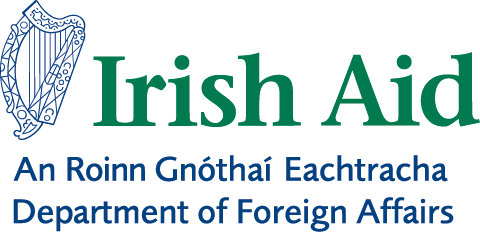
Misean Cara gratefully acknowledges the funding support of Irish Aid.

Misean Cara has signed the Dóchas Code of Conduct on Images and Messages for Non-Governmental Development Organisations.
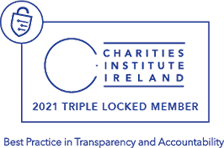
Misean Cara is a member of the Charities Institute of Ireland.
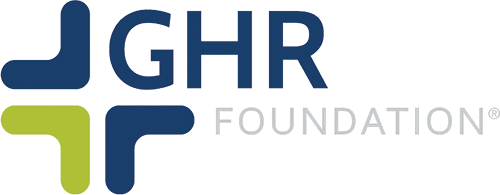
Misean Cara gratefully acknowledges the funding support of GHR Foundation.
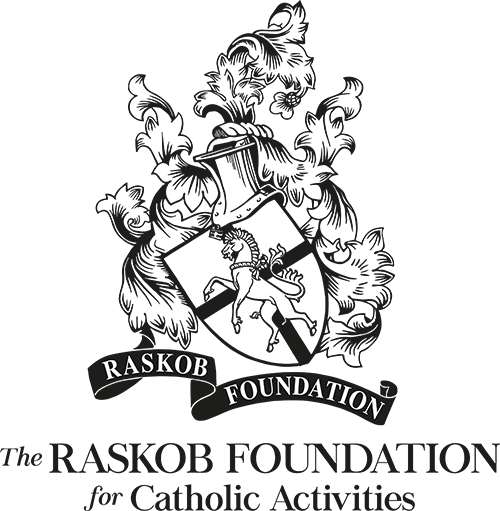
Misean Cara gratefully acknowledges the funding support of the Raskob Foundation.
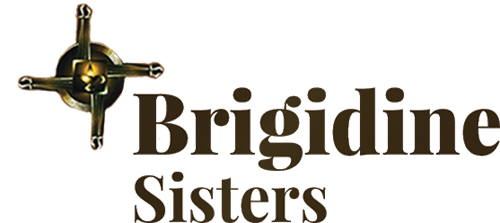
Misean Cara gratefully acknowledges the funding support of the Brigidine Sisters.
